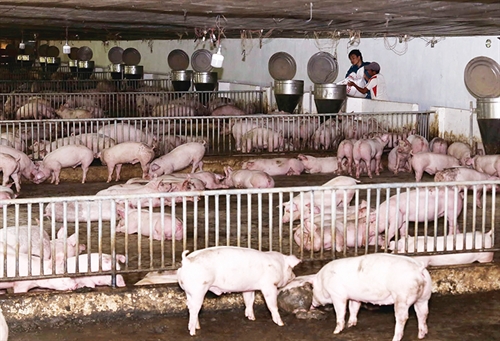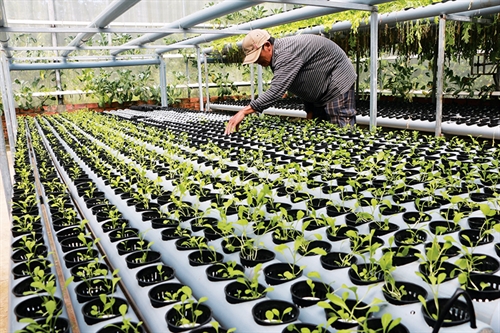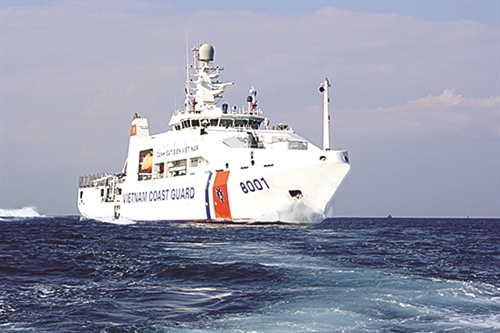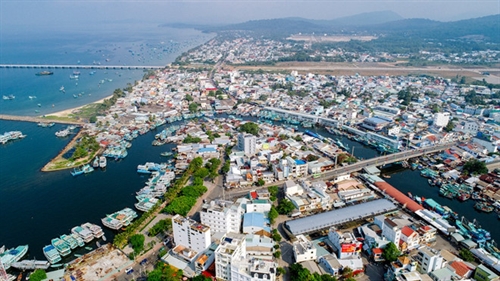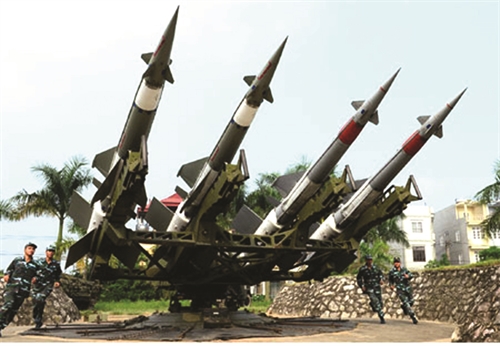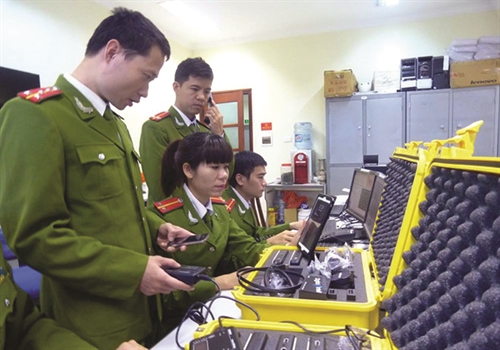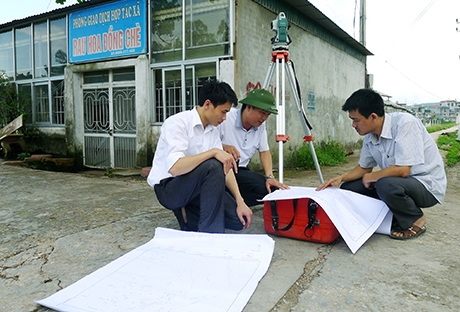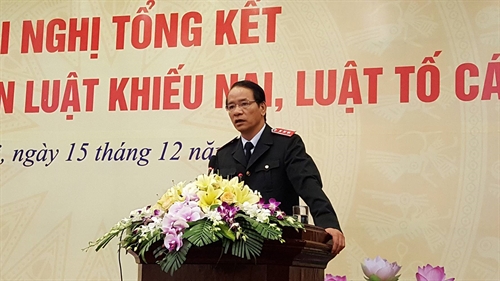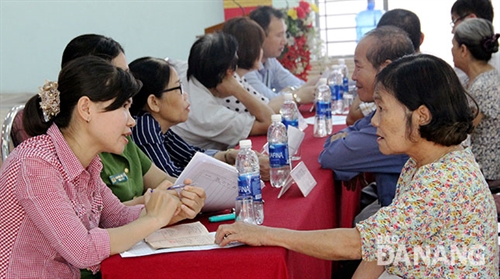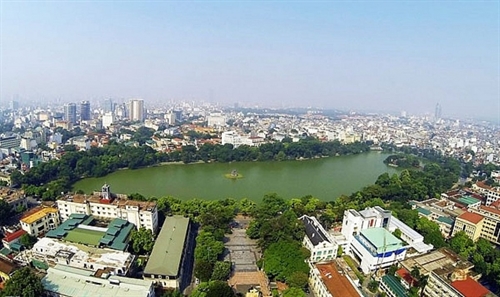The Law on Special Amnesty (the Law) was passed in last November to institutionalize the 2013 Constitution regarding the leniency and humanitarian policy for persons sentenced to imprisonment.
From July 1 this year, the Law will supersede its predecessor enacted in 2007.
Composed of 39 articles arranged in six chapters, the Law sets principles, time, order, procedures, competence and responsibility for effecting special amnesty. It also defines conditions for and rights and obligations of persons proposed for special amnesty, and rights and obligations of special amnesty grantees.
According to the Law, the President will consider and decide to grant special amnesty on the occasion of great national events or anniversaries or in special cases to meet the requirements of the State’s internal and external relations.
Conditions for a person to be proposed for special amnesty
Persons proposed for special amnesty include persons currently serving termed imprisonment, or sentenced to life imprisonment already commuted to termed imprisonment, or currently eligible for suspension from serving imprisonment sentence.
To be proposed for special amnesty, such a person must fully meet the conditions prescribed in Article 11 of the Law.
Specifically, he must have served his imprisonment term for a period of time decided by the President which, however, must be at least equal to one-third of his imprisonment term; and the commutation period he previously enjoyed will not be included in the period he has served his imprisonment sentence. For life imprisonment already commuted to termed imprisonment, such person must have served his imprisonment term for at least 14 years; if he continues to be granted a reduction of the imprisonment sentence-serving term, the reduced period will not be included in the period he has served his imprisonment sentence.
Particularly, such person must have served his imprisonment term for a period of time decided by the President which, however, must equal at least half of his imprisonment term, or have served his imprisonment term for at least 17 years, for life imprisonment already commuted to termed imprisonment.
The above provision applies to a person who is convicted of one of the following crimes: (i) undermining the implementation of socio-economic policies; (ii) undermining solidarity policies; (iii) organizing, coercing or inciting other persons to illegally migrate or to stay abroad with the aim of opposing the people’s administration; or (iv) illegally migrating or staying abroad with the aim of opposing the people’s administration.
It also applies to a person who is sentenced to imprisonment of 10 years or more for intentionally committing one of the offenses defined in the Chapter on offenses against human life, health, dignity or honor in the Penal Code, or a person who are sentenced to imprisonment of seven years or more for plundering property; kidnapping in order to appropriate property; illegally producing narcotics; illegally purchasing or selling narcotics; or appropriating narcotics prescribed in the Penal Code.
Implementation of special amnesty decisions
Under Article 18 of the Law, the Office of the President will coordinate with related agencies in promptly organizing the publicization of decisions on special amnesty in the mass media.
After being publicized, decisions on special amnesty will be posted at prisons, detention camps or custody houses. Specifically, special amnesty decisions and lists of special amnesty grantees will be posted at prisons, detention camps and custody houses where the grantees are serving their imprisonment sentences and notified to the commune-level People’s Committees of the localities and military units where they will return to reside or work. In case the grantees are persons currently eligible for suspension from serving their imprisonment sentences, such decisions and lists will be notified to the commune-level People’s Committees of the localities where the special amnesty grantees reside or military units that are assigned to manage them.
Superintendents of prisons or detention camps, heads of criminal judgment enforcement agencies of district-level police offices or of military zones, or chief justices of provincial-level People’s Courts or of military courts of military zones will publicize and implement special amnesty decisions for eligible persons.
Noticeably, upon the issuance of special amnesty decisions for foreigners, the Ministry of Public Security or Ministry of National Defense will have to coordinate with the Ministry of Foreign Affairs in notifying those decisions to diplomatic missions or consulates of the countries of which the special amnesty grantees are citizens for coordination.
The Law has a new and noteworthy provision on special amnesty proposal, stating that within five days after a decision on special amnesty is posted or publicized, the person currently serving termed imprisonment or life imprisonment already commuted to termed imprisonment under Articles 11 and 12 of this Law may make a special amnesty application. Under the current law, only superintendents of prisons and detention camps may do so.
Cases in which prisoners are ineligible for being proposed for special amnesty
Article 12 says that a person who fully satisfies the conditions for being proposed for special amnesty as prescribed in the Law is not entitled to special amnesty proposal in one of the following cases:
- He is convicted of high treason; carrying out activities aimed at overthrowing the people’s administration; espionage; infringing upon territorial security; rebellion; terrorism aiming to oppose the people’s administration; sabotaging physical-technical foundations of the State of Vietnam; producing, storing, spreading or disseminating information, documents or objects aiming to oppose the State of Vietnam; disrupting security; destroying detention facilities; or terrorism; or is convicted of one of the crimes specified in the Chapter on crimes against peace, crimes against humanity and war crimes in the Penal Code;
- A court judgment or part of a court judgment or court ruling against him is being protested against according to cassation or reopening procedures toward aggravating penal liability;
- He is examined for penal liability for another criminal act; has previously been granted special amnesty; or has two or more previous convictions; and in other cases as decided by the President.-
